Table of Contents
Cigarette butts are not ideal for composting. Even with accelerated methods, home gardeners should avoid cigarette butts in their bins or piles. Used cigarettes also contain toxic elements and microplastics.
These elements have been linked to carcinogenic risks in soil and lethal risks in aquatic habitats and organisms. Improper disposal of cigarette butts poses a threat to both nature and human health.
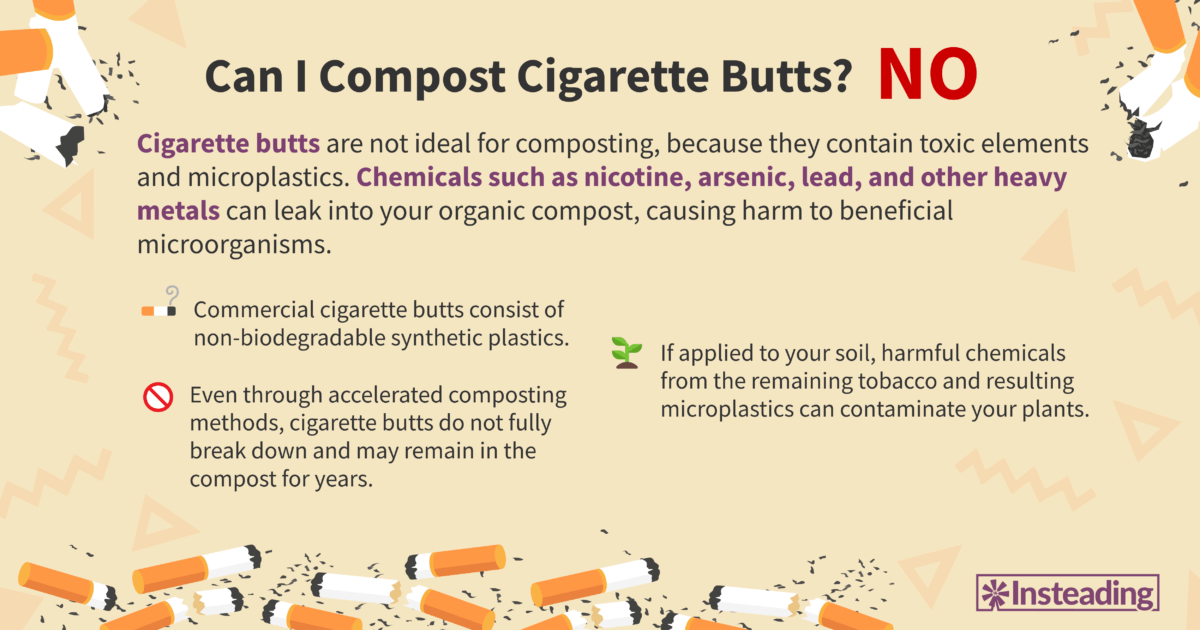
Since cigarette butts do not fully break down, they may remain in the compost additive for years. Most commercial cigarette butts today consist of non-biodegradable synthetic plastics made from cellulose acetate.
To prevent contamination of your compost with toxins, it is essential to dispose of cigarette butts responsibly. Continue below for alternatives to composting cigarette butts.
How Long Do Cigarette Butts Take To Decompose?
The speed of cigarette butt decomposition depends on environmental conditions. Under optimal conditions, the paper part of the butt may break down within 9 months. However, studies show that the cellulose acetate inside–similar to many plastics–can take anywhere from 18 months to 10 years to break down into microplastics. During this process, the toxins released into nature may linger in the environment for a longer period.
How Cigarette Butts Affect the Composting Process
Introducing cigarette butts to your compost pile or bin can jeopardize the safety and quality of your organic compost product. When added to the soil, garden plants may absorb chemicals from the remaining tobacco and resulting microplastics.
Impact on Decomposition
Cigarette butts contain chemicals like nicotine that can harm helpful bacteria and slow down the decomposition process. The composting bacteria’s speed is reduced due to the filter fibers of cellulose acetate being harder to reach and process compared to typical brown materials.
An excessive presence of cigarette butts in your compost can cause an imbalance between natural and brown materials and can also lead to a spike in the nitrogen content of the compost pile. Without proper turning, ammonia buildup may happen, resulting in a sour-smelling and more acidic pile.
Microbial Activity
Harmful chemicals from cigarette butts can kill beneficial microorganisms in the compost. As a result, the process may take longer to produce a nutrient-rich soil additive or might not produce one at all.
Temperature and Moisture
Due to their fibrous nature, cigarette butts can retain excess moisture in the compost pile. However, without proper maintenance, it can create an anaerobic environment, causing the compost to smell bad and decompose slowly.
Potential Issues With Composting Cigarette Butts
The primary issue with composting cigarette butts are the toxic residues that come with the waste. Chemicals such as nicotine, arsenic, lead, and other heavy metals may leak into your organic compost. These dangerous elements have been linked to carcinogenic risks in soil and lethal risks in aquatic habitats and animals.
Moreover, the presence of synthetic materials can hinder the decomposition process by harming the community of beneficial microorganisms.
Environmental Impacts of Cigarette Butts
Cigarette butts, or filters, are among the most common personal waste items found in coastal areas and landfills. Each year, people consume 6 trillion cigarette sticks worldwide, resulting in approximately 4.5 trillion cigarette butts polluting the world, making them the most littered man-made trash.
The majority of commercial cigarette butts today consist of synthetic plastics made from cellulose acetate. This material is also used to produce photographic film and acts as a component in eyeglass coatings. They are manufactured from cotton or wood pulp bleached with acetic acid. Bundled into fibers through spinning, the hair-like filters for tobacco are created. Breaking down cellulose acetate into microplastics can take up to 10 years.
Toxins released into nature may linger in the environment for a longer time. Carcinogens in the soil and the damage to marine life and habitat are among the environmental threats of cigarette butts.
Alternatives to Composting Cigarette Butts
Cigarette butts are not suitable for composting, but there are safe and sustainable disposal options available for this type of tobacco waste.
Industrial Recycling of Cigarette Butts
Recycling services for cigarette butts have become increasingly more prominent worldwide. Through a vigorous process, the remaining tobacco leaves in the cigarette butts are extracted and composted. The rest of the cigarette butt undergoes dry heat sterilization before shredding. The resulting material is combined with other recyclable materials to create new plastic items like park benches and industrial pallets.
The waste company TerraCycle specializes in this type of commercial recycling. Sign up to join their Cigarette Waste Free Recycling Program for free!
In the United States, there is also the Butts To Watts program, which converts tobacco waste like cigarette butts into usable electricity.
Transition to Plant-Based Cigarette Butts
An innovative business like Greenbutts aims to reduce cigarette butt litter on the planet. They provide tobacco companies with plant-based cigarette filters that decompose rapidly. Greenbutts has developed a proprietary blend of natural materials like food-grade fibers and starch-based binders.
Supporting biodegradable filter technology brings the industry closer to dismissing synthetic cigarette butts. However, plant-based cigarette butts do not lessen the environmental impact of chemicals found in tobacco products.
Disposal Options for Cigarette Butts
If all options above are not possible, smokers should toss cigarette butts into an appropriate waste bin. For more information about city-wide campaigns and programs on cigarette butts, waste recycling and collection in your cities, contact the local authority.
If you live in California, look for Butts To Watts receptacles along highways.
FAQ
Can cigarette butts be composted in a worm bin?
Avoid adding cigarette butts to your worm bin because their chemical contents make them unsuitable for vermicomposting. Nicotine, arsenic, lead, and other heavy metals can harm your worm farm. Instead, compost food waste and brown matter in your vermicompost.
Are there any plants that can benefit from composted cigarettes?
There are no plants that will benefit from compost containing cigarette butts.









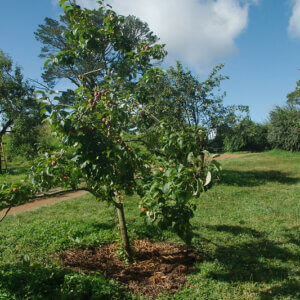







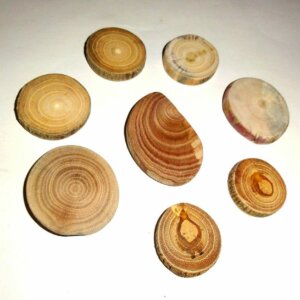










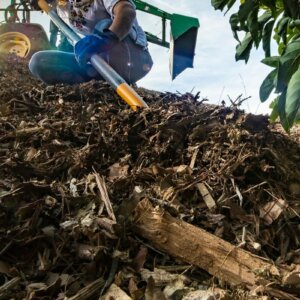


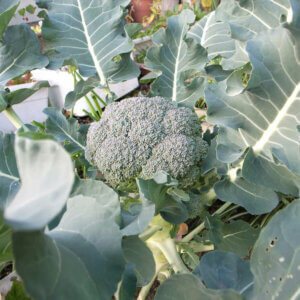

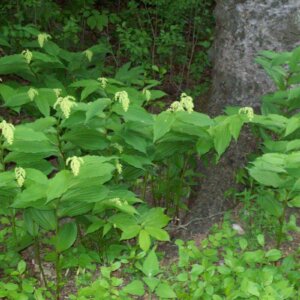






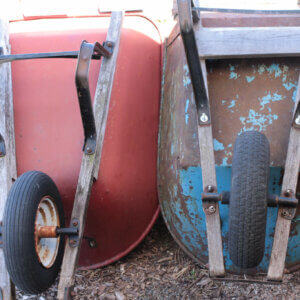

Leave a Reply